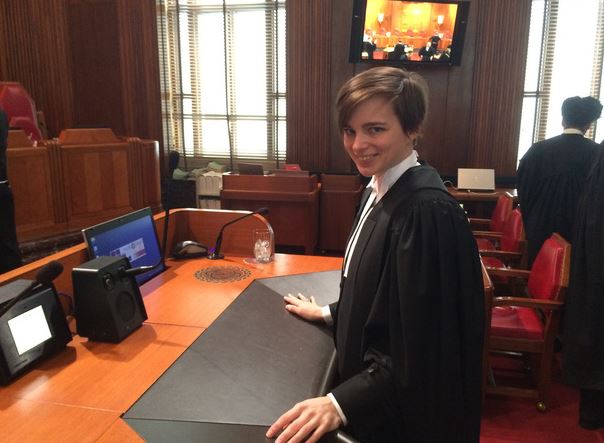
Detective Constable Jim Fisher. (CTV. March 28, 2018)
Last week, disgraced former Vancouver Police Department Detective Constable Jim Fisher pleaded guilty to three charges of abuse of trust and sexual exploitation of a minor. He had been facing a slew of charges, which had slowly been whittled away by the Crown and ultimately pleas were entered on three of them. Each of the three charges refers to his interactions with minors who were also witnesses in cases that he was managing.
The Court ordered a pre-sentence report, and the matter was adjourned for that to occur and for the submissions of counsel. Prior to the pleas being formally entered, the court was asked to canvass certain provisions of the Criminal Code with Fisher. The judge seized of the matter warned him that he would not be bound by the position of Crown and defence.
With this in mind, the case raises very interesting issues relating to the law of joint submissions.
In Canadian criminal law, a longstanding tradition has been that agreements between the Crown and Defence are to be followed by judges, unless there is good reason to depart from the joint position. However, until recently there was no hard and fast rule about this. In late 2016, the Supreme Court of Canada released its decision in R. v. Anthony-Cook, a decision addressing joint submissions. The Court ruled that judges should not depart from a joint submission unless the administration of justice would be brought into disrepute or the proposed sentence would be contrary to the public interest.




